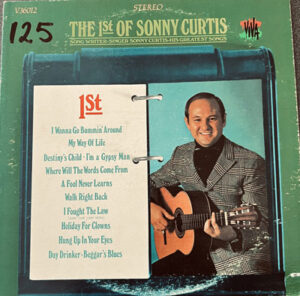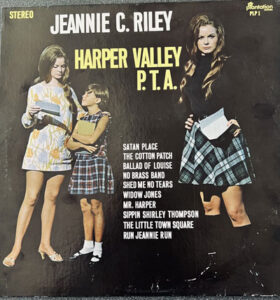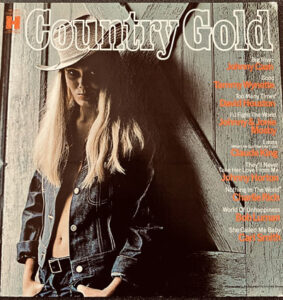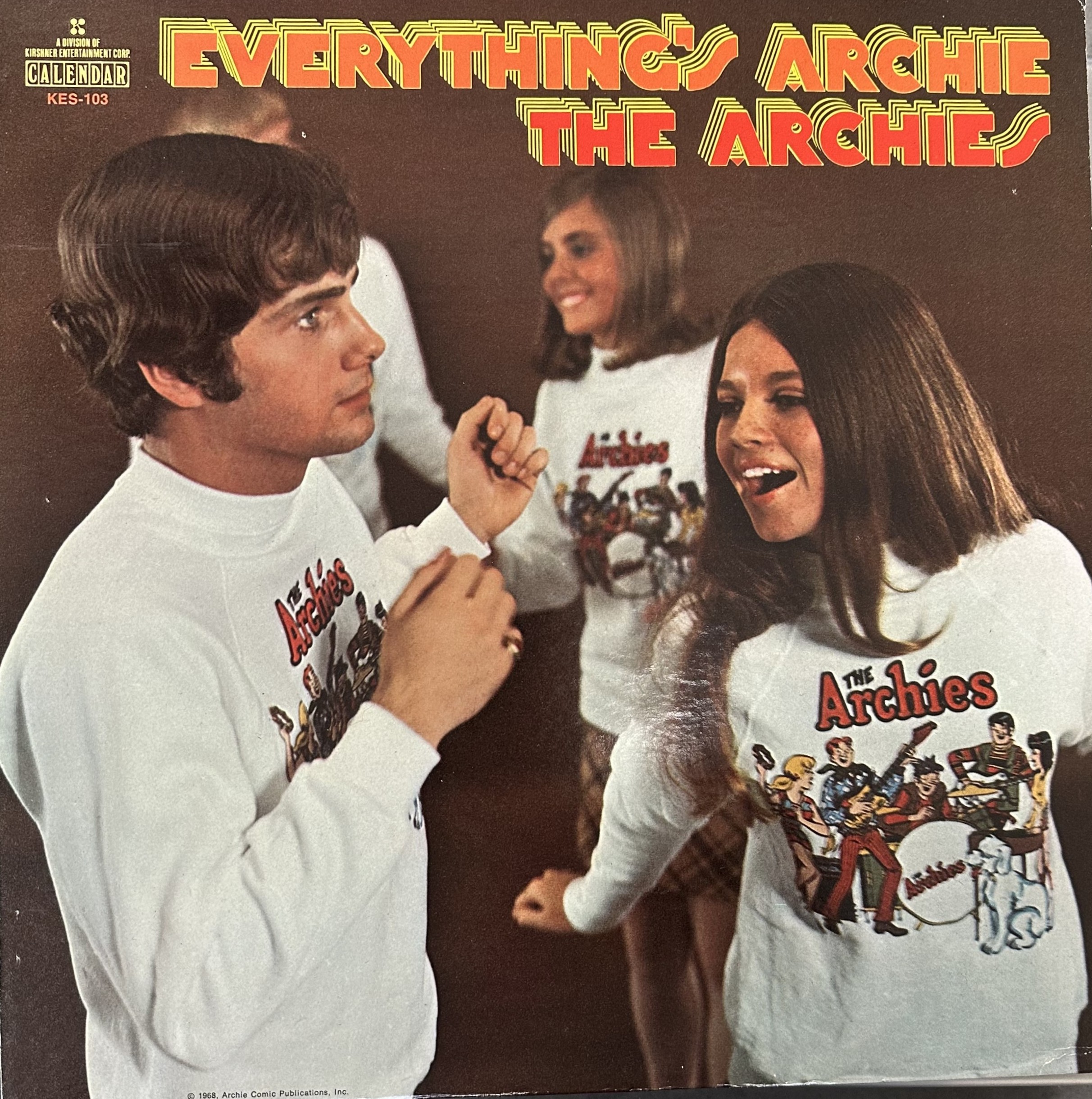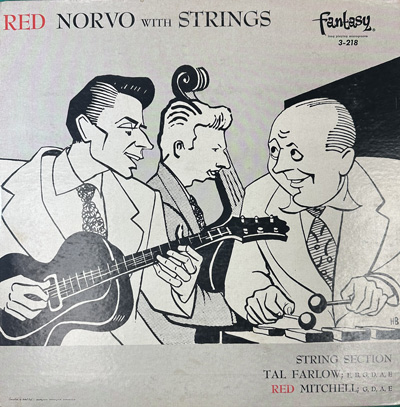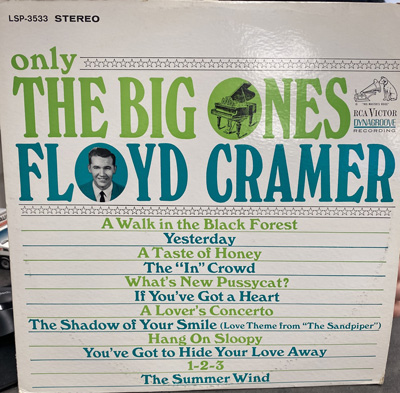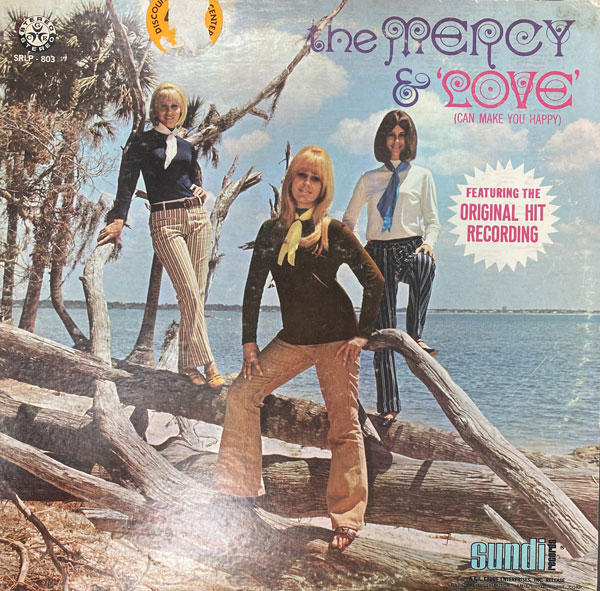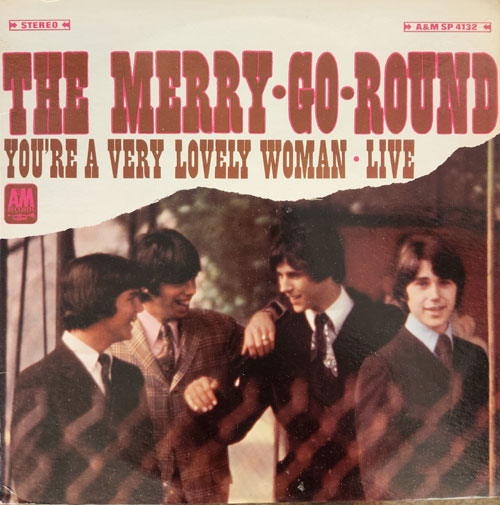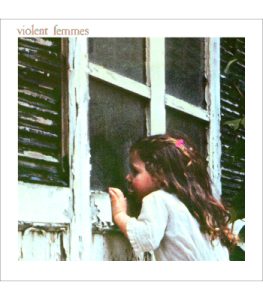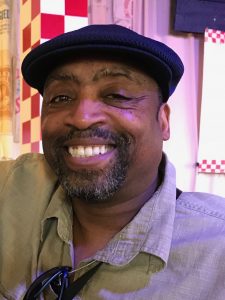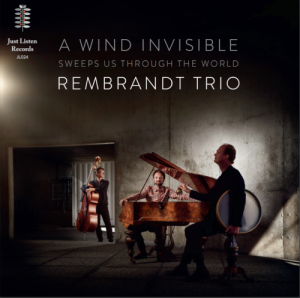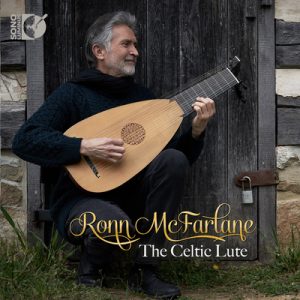We've all bought albums for the hit song that we heard on the radio, or for that one incredible sounding demo cut we heard at an audio show. Because of this, vinyl nuts, like me, who've been collecting records for decades, always wind up owning lots of albums that have only one good cut. I hope you enjoy reading about these four records from my collection with that one cut that makes them indispensable. On with the show.
What a thrill it must have been to experience Brownsville Station in person. They billed themselves as the "Kings Of The Party." If you get a chance to see them on YouTube, you'll see how expertly they transformed their shows into the wildest of parties. They came from Ann Arbor, Michigan, and their leader was Cub Koda (1948-2000). Koda was the lead guitarist, one of the band's two lead singers, and grand host of the party. He wrote many of their songs. He was also a respected writer in the genres of rock, blues, and country. His goofy appearance, with his long black hair, crazy glasses, and his wild blazers struck a stark contrast with the incredibly handsome blond haired Michael Lutz. Lutz, who also sang lead vocals, played rhythm guitar, and also wrote songs for the band. Henry "H Bomb" Weck was their powerful drummer, and Tony Driggins (1950-2020) was their bassist. As the band's explosive power was difficult to capture within the confines of the studio, their second album, A Night On The Town (Big Tree BTS 2010), falls short of its potential. However, it begins with an incredible Lutz-penned cut called "Rock With The Music." The song opens with the familiar drum riff from John Fogerty's "Fortunate Son." Koda complements the familiar drum riff by making his guitar sound reminiscent of Fogerty's guitar. However, their imitation of Creedence Clearwater Revival is just a tease. The song quickly turns into balls-to-the-wall hard rock, with that one and only flavor that only Brownsville Station could create. And the sound is demo quality, featuring a snare drum that will rock your audiophile soul! The engineer responsible for the album's sound is the talented Ken Hammon. Hammon was also responsible for the demo-quality third album by their fellow Michigan rockers Grand Funk Railroad. He also recorded organist Robert Noehren's awesome recording of Bach's "Three Organ Concerti (after Vivaldi)" (Urania USD 1018).
I've owned The 1st of Sonny Curtis (Viva V-36012) since the eighties. It was released in 1968, and I probably purchased it at the long-gone Salvation Army store in Agoura Hills, California. When I found it, I knew that Curtis had something to do with rockabilly, but I knew nothing beyond that. I know now that he's a respected songwriter, and that something that had to do with rockabilly was his association with Buddy Holly. For a short time, following Buddy's death, he fronted The Cricketts. His compositions include "I Fought The Law," "Walk Right Back," and the theme song to The Mary Tyler Moore Show, "Love Is All Around." This record also shows that Curtis, like many songwriters, is not a great singer. His voice would be best described as generic. The reason I keep this record is for his recording of "Walk Right Back," the song he wrote for the Everly Brothers. His recording, unlike the congested sounding Everly Brothers record, is delightfully reverb-free. Curtis sounds like he was recorded directly onto a two-track recorder, and the reverb-free sound makes him sound like he's right here in my listening room. His singing is sincere, and his acoustic guitar sounds incredible. The drummer, bass player, and pianist are only there to add a foundation to the song, so your attention is never distracted from Curtis and his perfectly mic'd guitar. Simply stated, this is a gem from an otherwise uninteresting album.
"Harper Valley PTA" by singer Jeanie C. Riley was a huge country-crossover hit in 1968, and it h gives me a joyful jolt every time I hear it. It's easy to hear that Jeanie and the band were having a blast cutting it. The entire group plays like it was their very first take. You can practically taste the morning's coffee that's flowing through in their veins. It comes from the album Harper Valley PTA (Plantation PLP1), and the song was written by the great Tom T. Hall (1936-2021). Hall wrote all of the songs on the album, but the remainder of the material sounds like afterthoughts, and the sound is substandard. The sound on the title cut is beyond reproach. No reverb was used, and the mics picked up plenty of the studio's superb acoustics. The drums, like on the collectible jazz records that we all love, sound as if they were picked up by a perfectly placed single mic. Jerry Kennedy plays the joyful lead guitar part on a dobro, which jumps out from the left side of the soundstage. The tonality of the dobro is spot-on. Jeanie's impeccable singing is delivered with lots of spunk. She sounds like she was recorded live with the band, which is a nice alternative from the usual vocal overdub. The bass picking on the right side is as vivid as the dobro. If you like string basses with lots of slap, you'll find one here. I used to see this record all the time in used record bins, and I can't remember how many copies I bought for one dollar. I currently own the two best copies. It's funny how my two pristine copies, pressed from the same metal, sound a little different. But because of the differences, I always find myself playing both copies, which means I get to hear the song twice, and twice is never enough! It's the kind of recording that makes me proud of my audio system.
Country Gold, released on CBS's budget label Harmony (HS 11378) in the early 70s, features talented artists, including Tammy Wynette, Johnny Cash, and Charlie Rich, but, except for the opening cut, "She Called Me Baby," performed by the incomparable Carl Smith (1927-2010), this various artists collection sounds mediocre. This wonderful honky-tonk blues ballad opens with the supreme master of the honky-tonk piano, Hargus "Pig" Robbins (1938-2022). Robbins is soon joined by Buddy Harmon (1928-2008) on drums. Many people have recorded "She Called Me Baby," including Patsy Cline, Charlie Rich, and Ernest Tubb, but nobody sings it with the same tears-in-his-beer emotion as Smith. The song was first released on Smith's Kisses Don't Lie (Columbia CS 9158) from 1965, but the sound on its original source doesn't begin to compare with the rich, dynamic, and soul-satisfying sound found on Country Gold.
I miss the days when great sounding LPs from the fifties, sixties, and early seventies were inexpensive and easy to find on a Saturday morning. However, I have enough LPs for multiple lifetimes. I could also stream all or most of the above-mentioned songs, and I'm sure the sonic results would mostly be satisfying, but that's not my idea of fun. Here's something that I learned from years of playing lots and lots of LPs: You never know when a low-on-the-totem pole sound engineer would have spliced a first generation tape onto a reel of tape that was intended for an LP compilation. Just the same, there's no guarantee that a streamed version of a song has been transferred from its best source. With that said, I love my one cut records!





